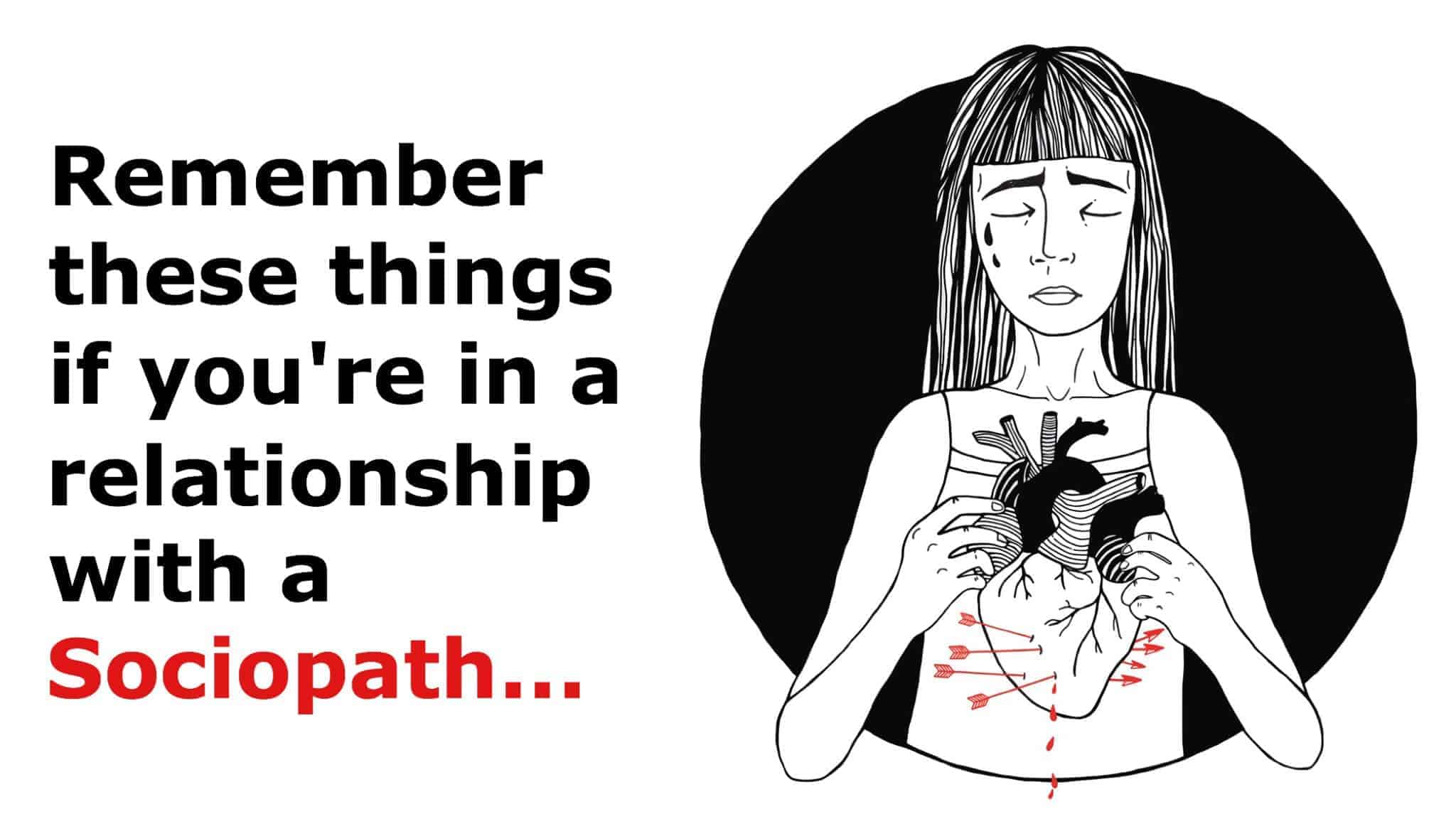“It typically occurs in teenagers, but you can get it at any age. The virus is spread through saliva, which is why some people call it ‘the kissing disease.’” – Jacquelyn Cafasso
Young adults and teenagers are usually well aware of mononucleosis. Mononucleosis is more commonly known as “mono” the “kissing disease”. However, getting mono doesn’t always require kissing.
“The virus that causes mono is transmitted through saliva, so you can get it through kissing, but you can also be exposed through a cough or sneeze, or by sharing a glass or food utensils with someone who has mono,” adds Mayo Clinic.
If you’re not sure whether or not you have mono, keep an eye out for these particular warning signs. There are some key symptoms that will keep you alerted to whether or not you’ve caught mononucleosis. If you start showing symptoms, talk to your doctor.
7 Early Warning Signs Of Mono To Never Ignore
1. You’ve kissed someone who’s shown symptoms
Because mono is known as the “kissing disease,” you’re probably going to be more at risk for catching mono if you’ve recently been in contact with someone who is showing symptoms. You would be at risk for the flu or the common cold in the same way.
“The virus is spread through direct contact with saliva from the mouth of an infected person or other bodily fluids such as blood. It’s also spread through sexual contact and organ transplantation,” says research analyst Jacquelyn Cafasso.
Therefore, kissing isn’t always required to catch mono. You may be at risk if you’ve shared drink or food with someone who is showing symptoms. Be aware of those around you and the symptoms that people are showing! Always wash your hands and try to keep your contact limited with people who are sick.
2. Fever
You always want to be wary of a fever. A fever is your body’s way of telling you that it is fighting off a sickness. Keep track of how long you have your fever. A flu or cold may cause a fever that lasts one or two days. However, a fever that is caused by mono tends to hang around longer than normal.
A fever of 101 or 102 that persists for more than three days should be checked out by your doctor. Persistent fever is a sign of mono that should never be ignored, so make sure you get it looked at by a doctor.
3. Fatigue
Being run down and exhausted is pretty normal with a lot of illnesses. However, severe fatigue is one of the early warning signs of mono. “Often the person says, ‘Doc, I’m sleeping a lot but I’m still tired and don’t feel like I’m doing too much,’” says osteopathic family medicine physician, Robert I. Danoff, DL.
When you have early signs of mono, your fatigue is going to be long-term and persistent. This isn’t something a quick nap will be able to alleviate. If you’re feeling more exhausted and run down than normal, consult with your doctor and make sure that you get tested for mono.
4. Abdominal pain
When you get mono, you can get an enlarged spleen. This is an early warning sign that your body is trying to fight off this virus. You will feel the pain in the upper left part of your abdomen. Abdominal pain is no joke, so if you’re feeling a dull pain, you might want to go see a doctor. Most people don’t know about this particular warning sign. When you’re not feeling well and you think it might be the flu, pay attention to your stomach for signs of mono.
5. Breathing problems
Being short of breath, having issues breathing, not being able to catch your breath, and audible breathing are all signs of mono. “Complications of mono can cause obstruction of the airway from inflammation, causing difficulty breathing or wheezing,” says Dr. Adam Horblitt.
If you find yourself with some flu or cold-like symptoms, and you’re having more trouble breathing than usual, it might be a sign that you’ve got mono. Make sure to talk to your doctor if you’re experiencing shortness of breath or wheezing.
6. Sore throat
In addition to all the other symptoms, mono also causes a sore throat. The sore throat itself may be caused by swollen lymph nodes on the side of your neck. If you still have your tonsils, especially for teenagers and young adults, the tonsils may be swollen as well.
“Some people may mistake the mono virus for the flu virus based on the initial symptoms. Pus in the back of the throat and swollen tonsils may accompany the pain. A sore throat may last for several weeks with the virus,” adds registered nurse, Abigail Adams.
If you go into your doctor, they may begin to test you for strep throat. However, make sure to mention any other symptoms that you may have so that your doctor can also test you for mono, just in case.
7. Rashes
If, by chance, you go into your doctor with a sore throat and they give you a treatment for strep, keep an eye out for a rash developing on your skin. When you have mono, you’re more likely to react to the antibiotics that are generally prescribed to treat strep throat. This is usually the first indication that someone has mono. If you go to the doctor and take medication for strep but find that you’re developing a rash, call your doctor so you can get tested for mono instead.
Final thoughts
Mono isn’t fun, and while it’s normally considered an illness that mostly teenagers and young adults get, anyone can get mono. Make sure that you wash your hands and stay away from people who are sick if you can help it. Mono can look like a lot of other illnesses, like the flu or the common cold. Make sure you keep an eye on any of these symptoms, especially the ones that don’t mimic the flu, like a rash or a persistent fever and chronic fatigue. Once you spot the signs of mono, contact your doctor so you can get a test and get treated as soon as possible. That way, you can go back to feeling 100%!









